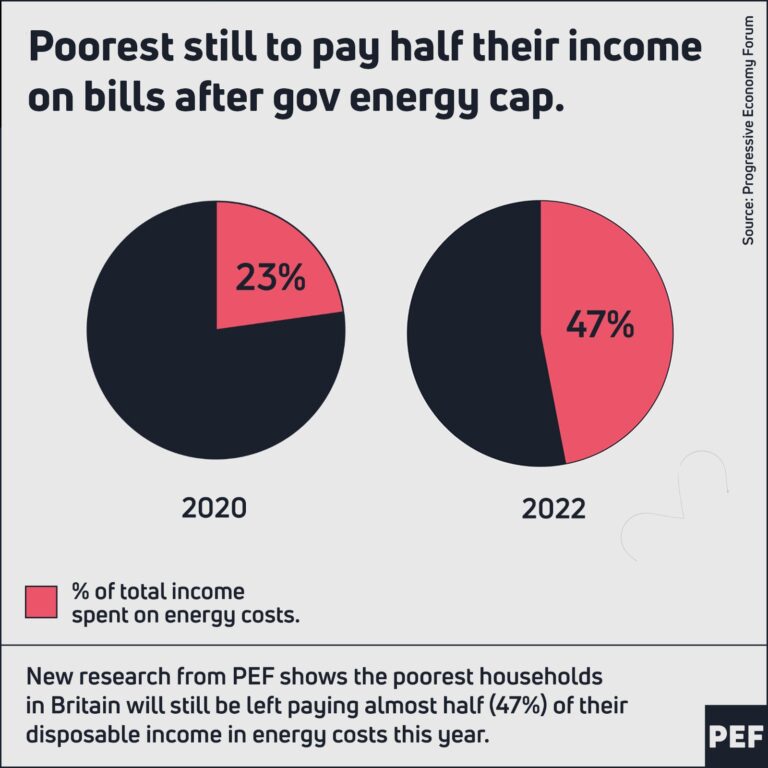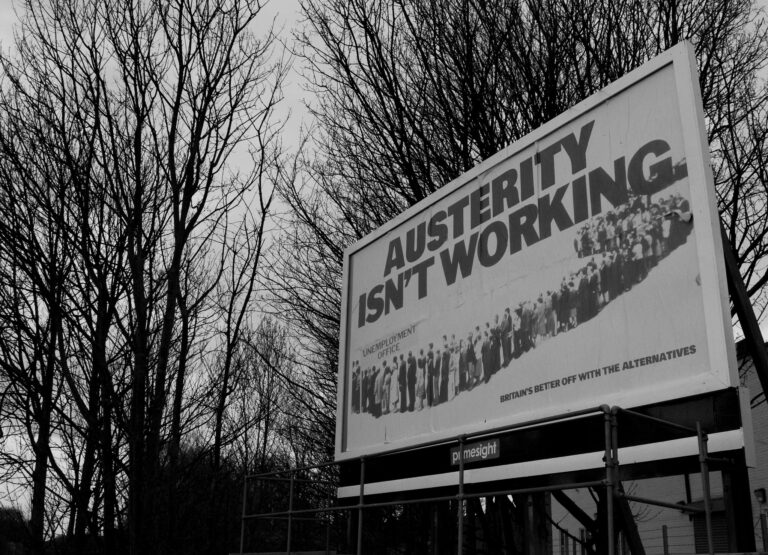Universal Credit is the flagship social policy of the Conservatives launched with the Liberal Democrats in 2010, which after nine years of spending and chaotic waste of resources, with numerous glitches, is still in the process of being ‘rolled out’. The Conservatives’ manifesto for the General Election pledges to “continue the roll out of Universal Credit”, without a hint about why it has taken nine years to implement so far.
Labour is committed to abolishing Universal Credit initially by simplifying its complex behavioural and other tests for obtaining state benefits. Labour is also committed to piloting basic income, i.e., a flat-rate benefit paid to all legal resident citizens, coupled with needs-based payments for those with disabilities and with other special needs, such as maternity, accidents, frailty or old-age. The Green Party is also committed to abolishing Universal Credit and to replacing the core with a basic income, with housing and disability benefits retained.
Voters and commentators should realise what Universal Credit purports to do and what it does. It is the most strategic policy of modern neo-liberalism, more important in its ambition than most people realise. By the early 2020s, according to the Child Poverty Action Group, half of all children in Britain will be enmeshed in it. Every candidate and every voter should regard it as a central issue in the election……and yet the Conservatives and its media supporters want to keep it away from public debate.
Basically, Universal Credit combines six means-tested benefits into one. A means-tested system is one that aims to give benefits only to the deserving poor. That requires administratively complicated tests to prove somebody is poor and administratively complex tests to determine that their poverty is not their own fault.
Universal Credit (UC) subjects vulnerable desperate people to such invidious tests, which are stigmatising, arbitrary and often hard to understand. Observers should realise that in every country where means-tested benefits have been applied low take-up rates have resulted, i.e., many of those who should receive benefits do not receive them. In Britain today, according to the government itself, about two in every five people who should receive benefits do not obtain them. The Treasury even budgets on the basis that many who should be receiving benefits will not do so. This is unfair, and is deliberate.
Then there is the Catch-22 trick played on claimants. They are required to apply for benefits online. But many do not have computers or access to one or even know how to use them. They are told that they should use public libraries to apply online. But the Conservatives’ austerity policy (long backed by the Liberal Democrats) has resulted in the closure of over 750 public libraries. Even the designers of UC can work out what happens.
To compound the failings of means-testing, if benefits are granted only to those who are poor, then somebody who makes an effort to obtain a low-paying job faces loss of benefits – known as a poverty trap – that makes any gain from taking it small. The Department of Work and Pensions (DWP) admit that such a person faces a marginal tax rate of about 80%. That is ridiculous. Yet the Conservatives are committed to continuing this policy.
The situation is worse, because of what I call the precarity trap. The problem starts with the government’s mean-spirited rule that someone who becomes entitled to a benefit must wait for five weeks before claiming it (it was six weeks until evidence of hardship became overwhelming). Actually, according to the National Audit Office, a quarter of all claimants do not receive their benefits for over nine weeks. Could someone explain to the designers and supporters of this policy how impoverishing this practice must be. It can only be deliberate.
Now we come to the precarity trap. If someone loses a job, she must wait for at least five weeks without money. Suppose that after eventually obtaining benefits she is offered a short-term job. She would face not only the 80% poverty trap but also the prospect of being out of a job again shortly, having to wait for another five weeks or more before receiving benefits again. It would be irrational to take that job. Yet if she refused to take it, she would be ‘sanctioned’ and lose all her income.
This is where we come to the worst feature. Under Universal Credit a claimant must be ready to be interviewed and assessed regularly, at short notice, and must prove they are ‘working’ indefatigably looking for a job. If a local bureaucrat says they have not been looking hard enough or are late for an interview, the bureaucrat – usually poorly trained, inexperienced and working for a private company paid by how much they can save the system – can just sanction the claimant, by suspending payment.
This contravenes a basic principle of common law – due process. In effect, they are deemed guilty until they prove themselves innocent. They can appeal, but that takes about nine months, during which they receive no money. Extraordinarily, most people who do appeal win. This is not justice, since they have suffered the penalty for months. Many drift into homelessness and ill-health, many commit suicide or attempt to do so.
The Conservatives claim the threat of sanctions improves work motivation and social integration. There is not a shred of evidence to support that. On the contrary, research has shown it has the opposite effect. But even if there were evidence an instrumental justification for an immoral illegal act is itself abhorrent.
Another amoral feature of UC is that benefits are only paid for the first two children, which obviously penalises any third or fourth child in a family. What has the child done to face such discrimination? Again, the policy is moralistic, rationalised as deterring childbearing by “the poor” (unless the mother can ‘prove’ she was raped). This is toxic utilitarianism.
Then there is the rule that anybody dismissed from a job for alleged misconduct is denied benefits for at least 13 weeks. This rule fails to respect due process. The DWP should not presume one party or the other is telling the truth. A woman may have been dismissed for some petty action but in reality have earlier refused a sexual advance. Or a worker could have objected to having to do menial tasks that were not in his job description. The point is that it is unfair to presume guilt and subject the person to a very harsh punishment – loss of an only source of subsistence.
One of the most telling statistics is that so far the number of claimants who have been sanctioned and lost vital income exceeds the number of people properly convicted of crimes or misdemeanours in magistrates and sheriffs’ courts and the penalties have been more severe. Every legally trained person should be protesting at this legal inequity.
Universal Credit is morally repugnant. Any Party advocating it deserves contempt. It is that wrong. Every leader should use the last few days of the campaign to expose what Universal Credit will do to poverty, insecurity and inequality in Britain over the next five years. Where it has been rolled out so far use of food banks by the precariat and social underclass has risen fourfold. The dystopia is here and will grow much, much worse.
Photo credit: Flickr/HelenCobain.








